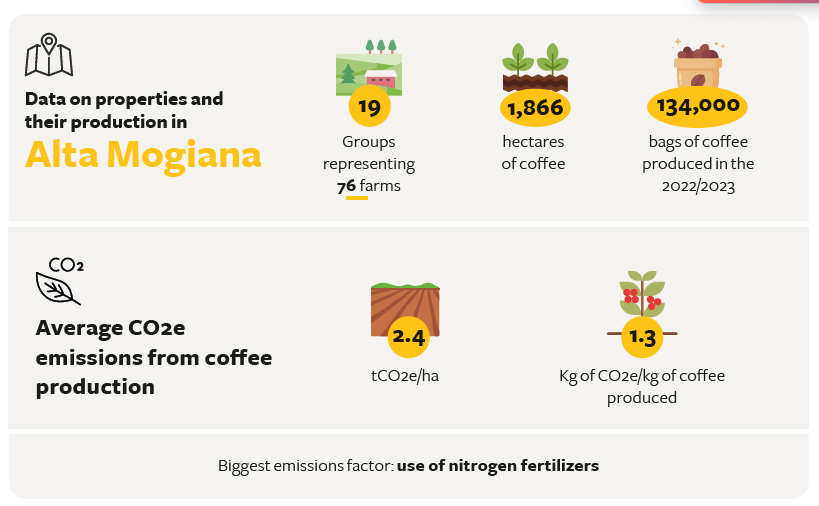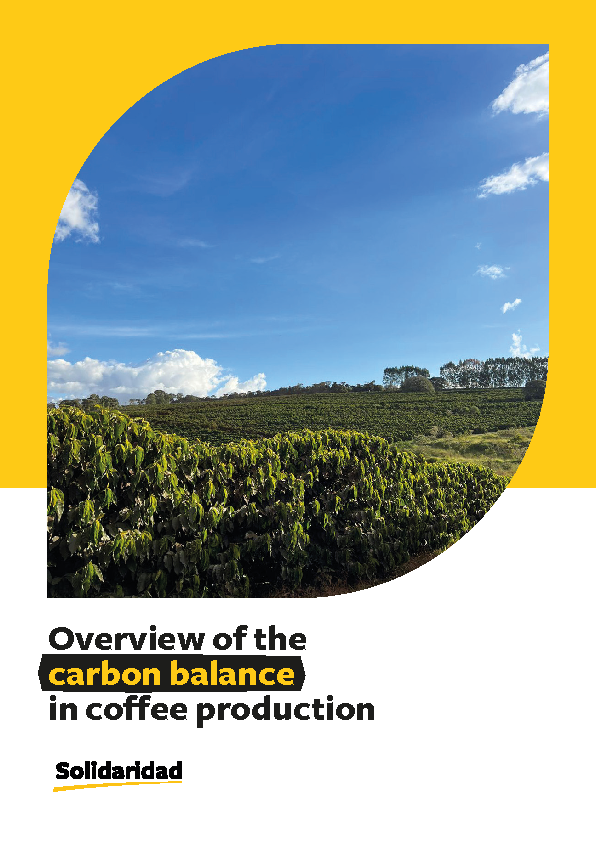A recent study on Brazil’s coffee sector explores the carbon footprint of the country’s coffee production and highlights the potential to reduce emissions and enhance soil health through eco-friendly practices.
As a leading global coffee producer, Brazil faces the challenge of balancing growing demand with the need to reduce greenhouse gas (GHG) emissions and conservation. Strategies, like regenerative agriculture that aims to restore ecosystems and promote soil health, are being promoted as a path to more sustainable coffee production. By adopting better agricultural practices and investing in innovative technologies, the Brazilian coffee sector can play a vital role in combating climate change, promoting the quality and excellence of its specialty coffees on the international market.
The information in this study examines the characteristics of coffee plantations in the Alta Mogiana region, spanning the states of São Paulo and Minas Gerais. Its purpose is to contribute to the discussion on strategies and perspectives for effective carbon management and the mitigation of emissions related to coffee production.
Solidaridad conducted this analysis of emissions and carbon sequestration utilizing the Cool Farm Tool developed by the pre-competitive initiative Cool Farm alliance. The tool enables users to calculate GHG emissions and evaluate the sustainability of their practices.
Key findings:

The study was conducted with 19 groups representing 76 farms covering 1,866 hectares. On average, CO2 equivalent emissions from coffee production were 2.4 metric tonnes of CO2 equivalent per hectare, meaning roughly 1.3 metric tonnes of CO2 equivalent per kilogram of coffee produced. The biggest contributor to emissions was the use of nitrogen fertilizers.

